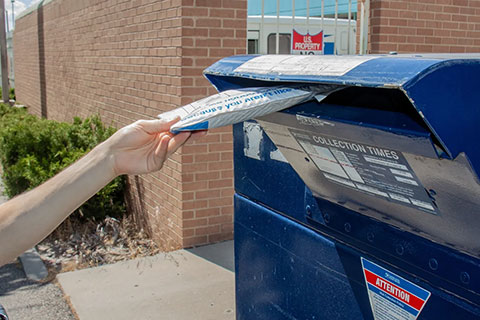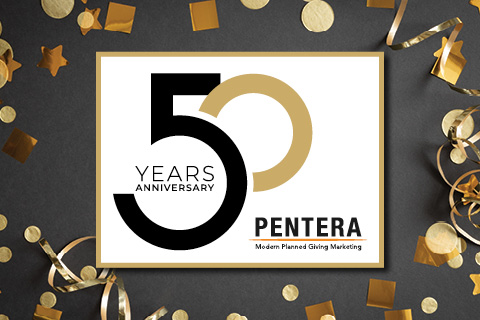
The Pentera Blog
Survey of Affluent Donors Reveals Generous Giving and Increased Use of Planned Giving Instruments
For nonprofits concerned about sustaining their missions for years to come, a close-up examination of charitable giving by affluent households conducted by Bank of America and the Indiana University Lilly School of Philanthropy contains several important insights.
First, according to the study, which surveyed 1,626 respondents in January 2021, affluent households give much more to charity. Affluent donors gave an average of $43,195 to charity in 2020 compared with $2,581 for donor households in the general population—more than 16 times as much.
The study also found that affluent households are significantly more likely to give. The researchers found 88.1% of high-net-worth households donated to charity in 2020 compared with 48.8% of the general population.
Of the households surveyed, the average annual income was $523,472 with the average net worth being $31.1 million.
Looking at findings with important fundraising implications, the study found affluent donors trending toward more issue-based philanthropy. In the past, clear majorities of affluent donors said nonprofit organizations drove their giving decisions. Now, affluent donors weigh issues and organizations nearly equally. The move toward issue-inspired charity is especially pronounced among younger donors, of whom 54.7% said issues drove their giving decisions compared to just 40.5% of older donors.
The study also revealed an uptick in the usage of giving vehicles. In 2020, 6.6% of affluent households had a donor-advised fund—up from 4.5% three years before. Over the same period, affluent donors also increased their use of planned giving instruments to 7.4% in 2020—up from 5.2% in 2017. More also now have a will with a specific charitable provision—16.5% in 2020 compared with 13.3% in 2017.
The survey also found an understanding of charitable giving tracks with amounts given. Affluent donors who see themselves as “novices” about philanthropy gave an average of $8,982 in 2020. Those rating themselves as “knowledgeable” donated $15,709, and those who consider themselves “experts” gave $18,574.
You can see the full study here.


